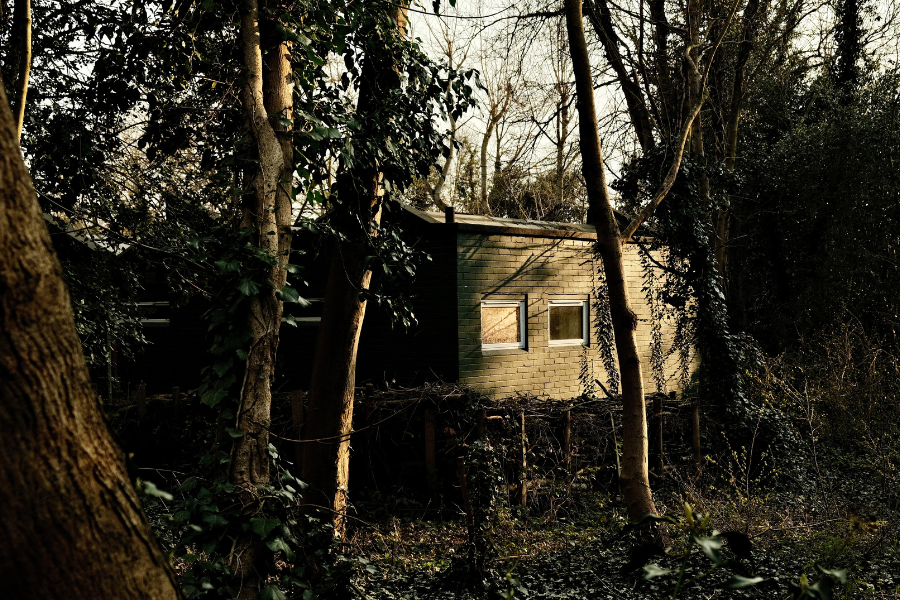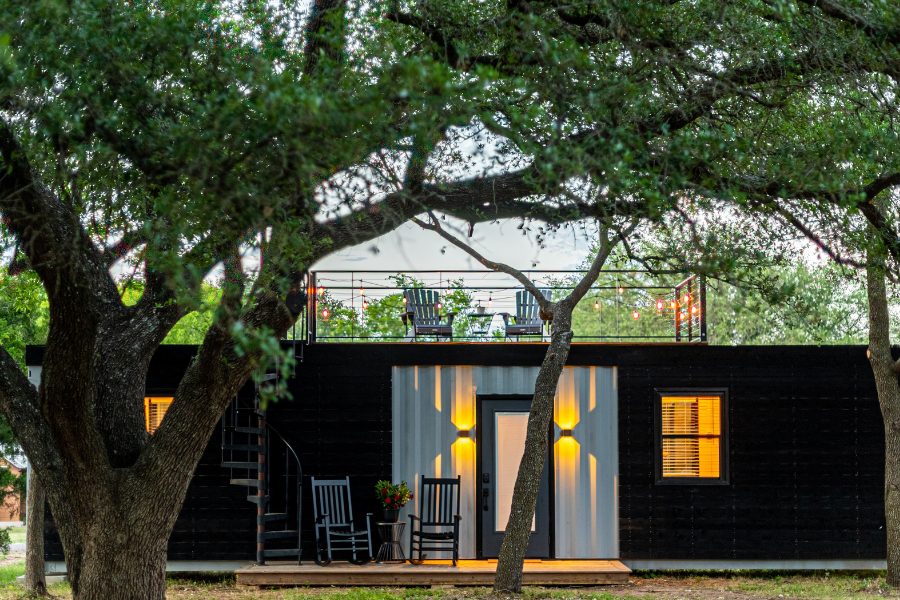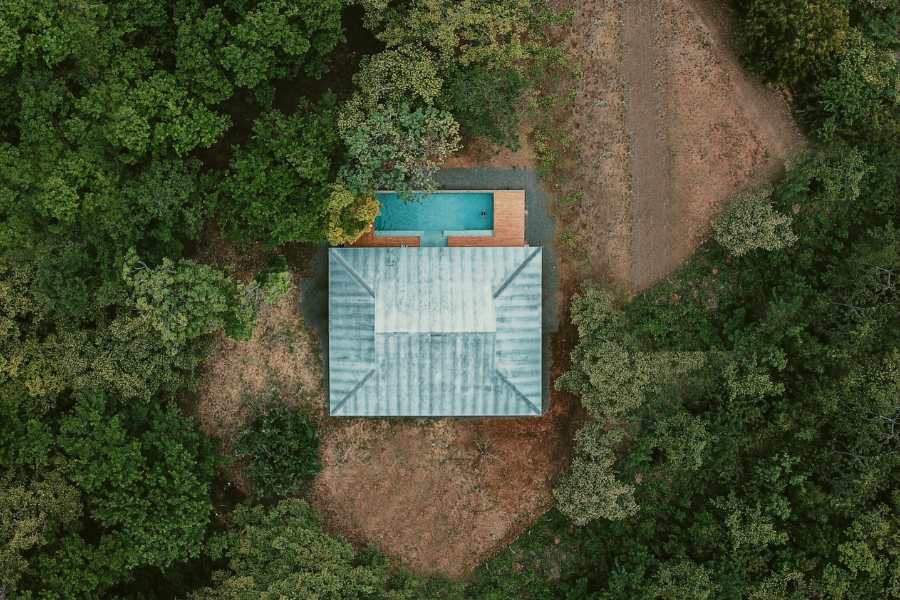For those looking to purchase remote off-grid land, there isn’t as much assistance available as there is for standard dwellings. Many people have a fond fantasy of building an off-grid cottage or timber-frame house. But for many, the first step to realizing their ambition is purchasing a piece of property.
Others travel great distances in quest of the ideal plot of land for an off-grid lifestyle, only to purchase a home that is neither unsuitable for the lifestyle they had envisioned nor has a lot of restrictions. So if you are buying land for grid living, then these are some factors that you must consider;
Avoid Purchasing Land With Covenants
Avoid purchasing property with extremely stringent covenants or limitations. Property developers created these regulations to safeguard the property against expansion inconsistent with the initial arrangement.
Covenants can be problematic for off-grid living due to restrictions on the permissible kinds and dimensions of buildings. Many covenants will forbid you from keeping animals, erecting a tiny cottage, or developing a garden. Purchase land without covenants unless the restrictions let you use the land whatever you like. So for off-the-grid living, never purchase land with covenants.
Check the county’s zoning and development regulations
Avoid purchasing a piece of property with too onerous zoning and laws. For instance, most US counties have a maximum square footage requirement for homes and buildings. Find out how many square feet your house or hut must have. It could be too small for you to reside in a little house, and the state might forbid it.
Additionally, several counties prohibit camping on private property for protracted periods. Many areas make it against the law to camp on your property. Even in regions that permit campsites, you can only camp while building a home, and the housing you construct must comply with their regulations, or it is forbidden.
Purchasing farmland
You can nearly always produce cattle and create a garden and a farm if you purchase the agricultural property. Consider the moment and the future. To be secure, pick a site that permits farm animals on your property even though you’re not sure if you currently want to rear animals like chicks, horses, cows, beef cattle, or bunnies. That way, if you change your mind later and decide you do, you won’t be stuck with land you can’t utilize.
Avoid Purchasing Property Without Connectivity
Your land is entirely worthless to you if there is no means to get to it, whether via car, snowmobile, hiking, or driving. There are numerous highly cheap pieces of property that, at first glance, appear to be a terrific deal, but access is either illegal or exceedingly challenging. Avoid buying it.
The land could only have seasonal access since no roads are maintained in the cold, and the snowstorm prevents access in northern provinces, or it might be pretty remote, which might be a positive thing if that’s what you’re seeking. Make sure you can reach the property all year round, if not very quickly.
Here at Mrlandseller, we provide a platform for everyone who is interested in buying land.
You can contact us and use our teams to help you through the process to the end.
You can also follow us on social media to be the first one to find out about our new properties (https://www.facebook.com/MrLandSeller/)





Small land parcels